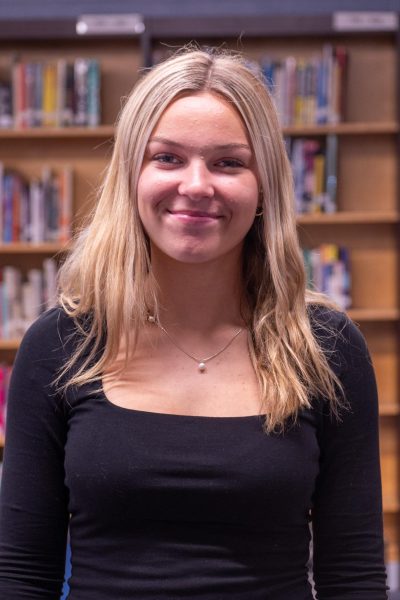High school is known for many different things. HHS (Highlands High School) specifically has many different teaching styles and ways to learn, hopefully making this stressful time easier.
When walking around the halls of HHS, you can see the variety of teaching. There are many different strategies that teachers use to help engage students.
Spanish teacher Emily Haffey said: “I believe that the best way to teach and keep students involved is to change up the teaching style. I never consistently stay with one way of teaching because I often get bored and know my students will too.”
Haffey uses different ways to teach such as workbooks, presenting in front of the class, reading, group work, and individual work to increase engagement amongst students.
Freshman Kyle Venefron, a student in Haffey’s Spanish 1 class, said: “When she calls on me using the wheel of names, it helps me stay on my toes and ready for what questions could be asked.”
When observing the class, students were thinking of the answer to every question in hopes of not getting called on.
Students loathe getting called on in class because they are worried about getting the answer wrong. Knowing they can get called on makes them work harder to get the answer correct. This learning style is called verbal learning. Verbal learning means memorizing new material or information through talking or speaking to people.
Physics teacher Matthew Mickelson said: “Trying to make the subject interesting and tieing it into the real world with real-world applications and trying to meet students where they are, meaning providing an opportunity for them to learn in the environment that they would rather learn in. Whether it be visual, through examples, or anything else.”
Physics specifically is a very challenging subject for some students, but with the right teaching strategies, it can help students learn and develop in the subject. While observing Mickelson’s class, the increase in attention was prominent when Mickelson related the lesson to real-world situations and experiences. Often when kids can relate personal experiences with what they are learning, it helps them retain the information.
Freshman Brett Sower said: “I think looking at real-world problems mostly just helps to keep me interested. I can relate it to my own life and that helps to keep me focused on the subject instead of getting bored and not paying attention.”
Students not only have to deal with school but also the possibility of being active in extracurricular activities, clubs, etc. Relating school to what students do in their free time can help keep them focused and interested in the lesson.




